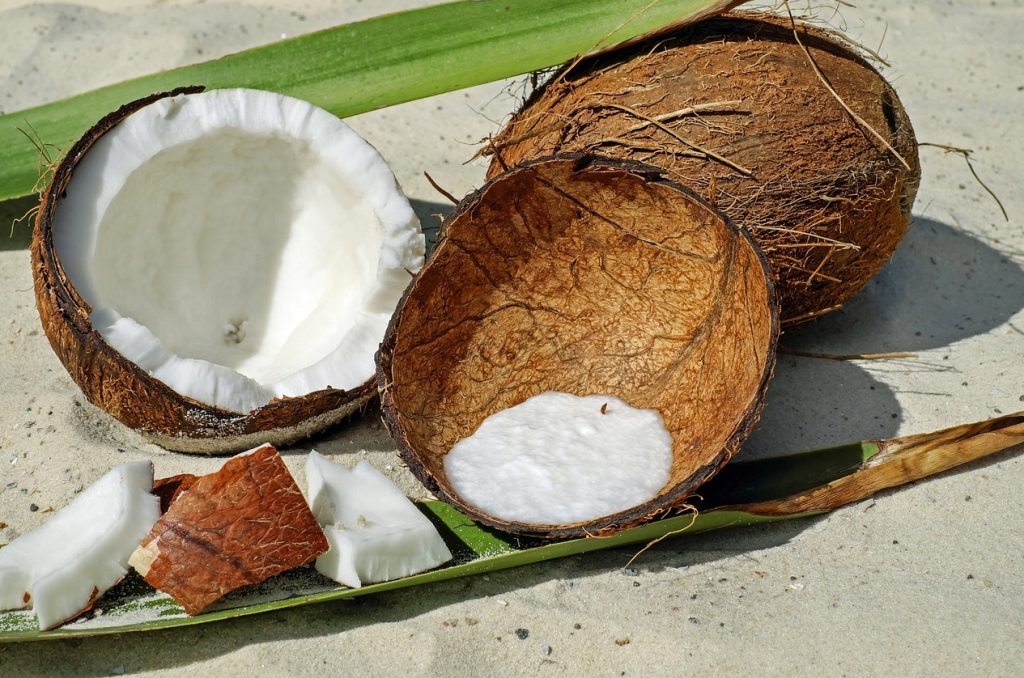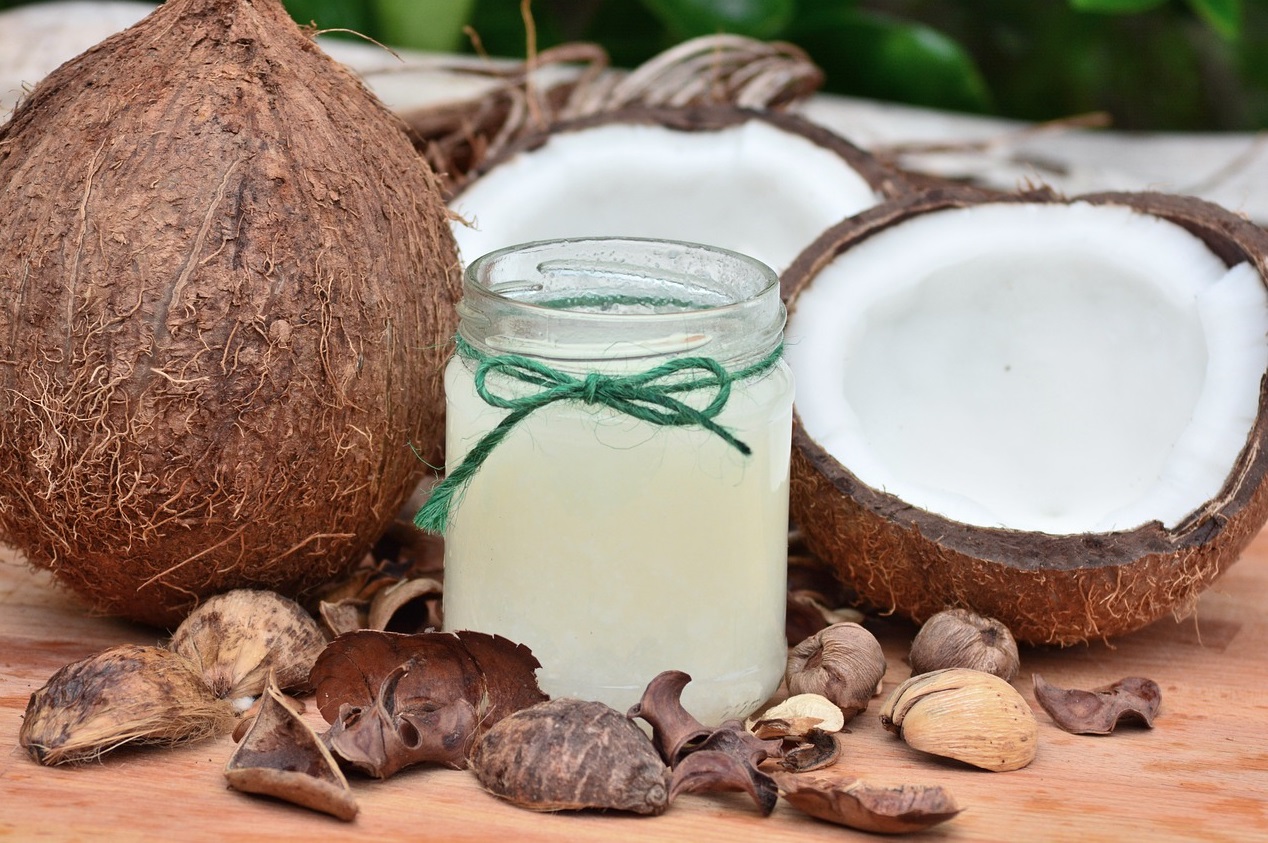Coconut oil has gained popularity in recent years for its many potential health benefits. One area of interest is its ability to improve hair health. But, does coconut oil really benefit hair? Let’s examine the evidence and uncover the truth about this natural remedy.
Understanding Coconut Oil
Coconut oil is extracted from the meat of mature coconuts harvested from coconut palm trees. It has been used for centuries in traditional medicine and cooking in tropical regions. Rich in fatty acids, vitamins, and minerals, coconut oil is renowned for its moisturizing and nourishing properties.
The Science behind Coconut Oil and Hair
It is believed that coconut oil may benefit hair in multiple ways:
1. Hair Moisturization
Coconut oil is highly efficient in locking in moisture. Its unique molecular structure allows it to penetrate the hair shaft, preventing water loss and maintaining hair hydration. As a result, hair feels softer, smoother, and less prone to breakage.
2. Scalp Health
A healthy scalp is essential for optimal hair growth. Coconut oil possesses antimicrobial properties that can help alleviate scalp conditions like dandruff and damaged hair follicles. By reducing inflammation, it may also promote a healthier environment for hair growth.
3. Protein Retention
The proteins in our hair are responsible for its strength and structure. Coconut oil has a unique ability to bind to hair proteins, helping to prevent their loss during washing and combing. This can keep the hair shaft intact and reduce damage caused by everyday styling and environmental factors.
4. Protection against UV Damage
Excessive sun exposure can lead to hair damage and color fading. Research suggests that applying coconut oil to the hair before sun exposure may provide a protective barrier against harmful UV rays. This can help preserve hair color and prevent dryness and brittleness caused by sun damage.
Using Coconut Oil for Hair Care
If you’re interested in incorporating coconut oil into your hair care routine, here are a few tips:
1. Choose High-Quality Coconut Oil
Opt for organic, virgin coconut oil as it is minimally processed and retains more beneficial nutrients. Look for products that are cold-pressed or expeller-pressed to ensure maximum quality.
2. Patch Test
Before applying coconut oil to your hair, it is advisable to perform a patch test on a small area of your scalp. This helps identify any potential allergic reactions or scalp sensitivities.
3. Application
Apply a small amount of coconut oil to the palms of your hands and rub them together to warm the oil. Gently massage it into your scalp and work it through your hair, focusing on the ends. Leave it on for at least 30 minutes or overnight for deep conditioning. Then, rinse thoroughly using a gentle shampoo.
4. Frequency
How often you use coconut oil on your hair depends on your hair type and needs. Start with once or twice a week and adjust accordingly. Using too much coconut oil may cause hair to become greasy, so find a balance that works for you.
The Takeaway
While the use of coconut oil for hair care is widely popular, its effectiveness differs from person to person. Factors such as hair type, porosity, and individual sensitivities can influence the results. Nevertheless, many people report positive outcomes such as improved hair moisture, reduced breakage, and a healthier scalp. Consider giving coconut oil a try and see if it provides the benefits you desire for your hair.
In conclusion, coconut oil can potentially benefit hair by moisturizing, improving scalp health, retaining proteins, and protecting against UV damage. However, individual results may vary, so it’s essential to pay attention to your hair’s needs and adjust your routine accordingly. With its natural properties and nourishing qualities, coconut oil can be a valuable addition to your hair care arsenal.

